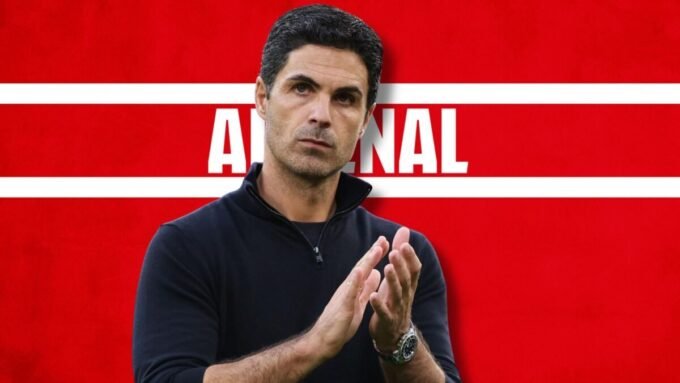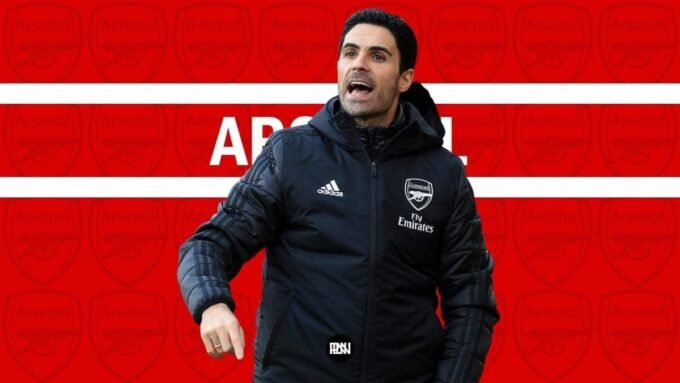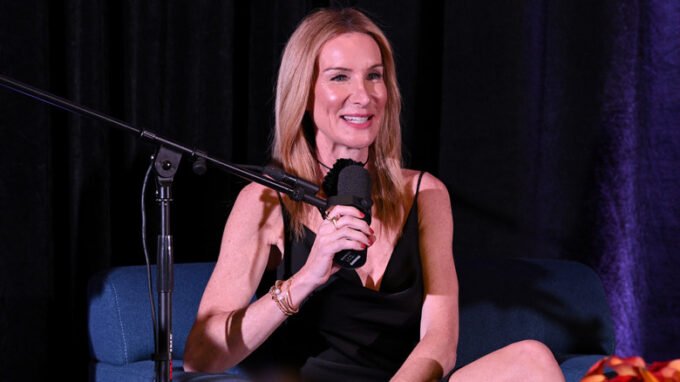When the Enugu State governor, Peter Mbah, and several members of his executive council switched to the All Progressives Congress (APC) last week, there was, understandably, a stir. People talked, eyebrows rose, and some supporters felt shaken. But the state chapter of the Peoples Democratic Party (PDP) has been sending a clear message since: we’re still here, we’re regrouping, and we intend to be competitive come 2027.
I’ll be honest — defections like this matter. They change the shorthand people use when thinking about who’s “in” and who’s “out.” But they don’t tell the whole story. At a press briefing at the PDP state office, the acting state chairman, Steve Oruruo, tried to push that wider story into focus: plenty of members remain in the party, others are drifting back in, and more are only just deciding how they want to be involved. In short, it’s not over.
Also read: Hold Your Life Close: Kemi Afolabi’s Sharp Reply to a Controversial Pardon
A party doing the slow work
Oruruo’s tone was firm but somewhat familiar: resilient rather than defiant. He spoke about the mechanics of recovery, the less-glamorous work that precedes any successful political comeback. That means meetings, fundraising calls, recruitment drives — the steady, sometimes boring, stuff that actually wins elections. He said the PDP in Enugu has already started “galvanising” members — that is, trying to keep people connected and motivated so the departure of some doesn’t trigger a stampede.
I liked that part. There’s a real appreciation, in what he said, for the small things that matter. It’s not all fiery rhetoric. He acknowledged past problems without dwelling on blame. He talked about credible conventions and legitimate primaries. In practice, that’s a promise: we will pick candidates the grassroots can stand behind, not just the ones handed down by a few powerbrokers.
An imperfect picture — but not a hopeless one
Let’s be candid: the PDP isn’t pretending everything is perfect. Oruruo admitted to “minor crises” at the national level. He didn’t sugarcoat them, but he also didn’t blow them out of proportion. Instead he focused on mechanisms — internal ways the party says it will handle disputes and move forward. That’s the kind of answer that reads less like campaign hyperbole and more like a party trying to keep its house in order.
And there’s another point he made that I found interesting: the PDP won’t take this defection to court. That’s a deliberate choice. It can be read a few ways. Maybe it’s confidence — an insistence that public opinion and better organization, rather than legal battles, will decide the next round. Or maybe it’s pragmatism: courts are slow and unreliable, and a bruising legal fight could split supporters further. Either way, they’re choosing the political route.
Small fractures, different reactions
People react differently to defections. Some members will go quietly, some will stay and fight, and others will sit on the fence for a while. According to Oruruo, some have even shown interest in coming back or joining the PDP for the upcoming races. Those are the soft returns; they take time. They also require a welcoming posture. If I had to guess, I’d say the party’s emphasis on inclusive primaries is designed to make returning feel sensible rather than theatrical.
Aslo read: Twenty Days of Education: Wike’s Plan to Put Schools in the Spotlight
There’s also a psychological angle. When a governor deserts a party, it hits morale. But that’s not fatal. The PDP in Enugu is trying to turn the narrative — from one of loss to one of rebuilding. They’re saying: we’ve been here before; we can be here again. That refrain matters to donors, to activists, and to ordinary voters who want to know if their local party is still relevant.
Promises and the hard work ahead
Promises are easy in politics. Delivering, less so. Oruruo’s words were full of intent: rebuilding, attracting responsible candidates, staying united. Yet none of that happens overnight. Finding quality candidates, running transparent primaries, convincing grassroots activists to put time and money back into a party that just lost its governor — that’s all heavy lifting. The PDP clearly knows this; the question is whether they can sustain the discipline required.
I find myself cautiously optimistic — perhaps more hopeful than I should be. Political recoveries aren’t linear. They’re messy. That’s fine, actually. The messy stuff makes for better politics in some ways because it forces conversations that smooth victories never do. If the PDP in Enugu uses this moment to address long-standing internal weaknesses, they could come out steadier. If they ignore those weaknesses and only focus on optics, then the defection may prove more damaging.
What to watch next
A few things will be important to follow. First: how the PDP conducts its primaries and conventions. If those processes are seen as fair, the party will attract credible candidates and reframe its appeal. Second: grassroots engagement. Are activists and local organizers being involved or sidelined? Third: coalition-building. Oruruo said the party is open to partnerships with anyone sincere about helping the PDP win. Those alliances could matter — especially in closely contested areas.
There’s a final nuance here I don’t want to miss: the media will watch this story closely, and the public will respond to both symbols and substance. The governor’s defection is a big symbol. The PDP’s work on the ground — quiet, persistent, sometimes tedious — is the substance. Which one will shape public perception? That’s not decided yet.
To wrap up: the PDP in Enugu is not collapsing. It’s rearranging itself and, if the acting chairman’s words are to be believed, gearing up for a fight in 2027. Whether they can translate rhetoric into organization and, eventually, votes remains to be seen. Still, there’s a pulse here — a determination to rebuild that, well, I think deserves watching.






































Leave a comment